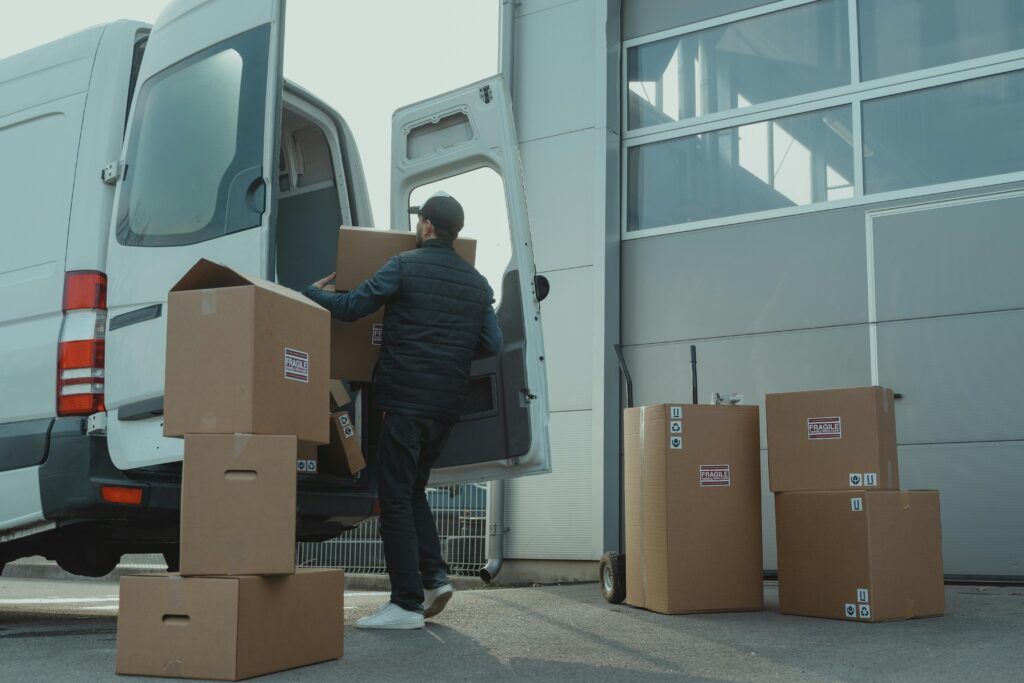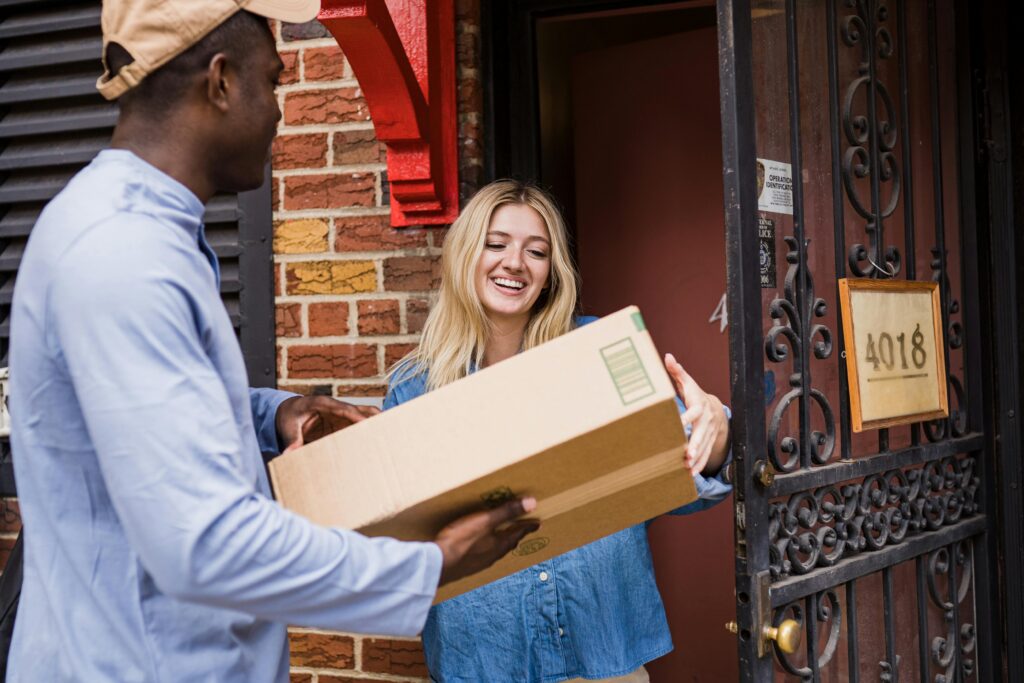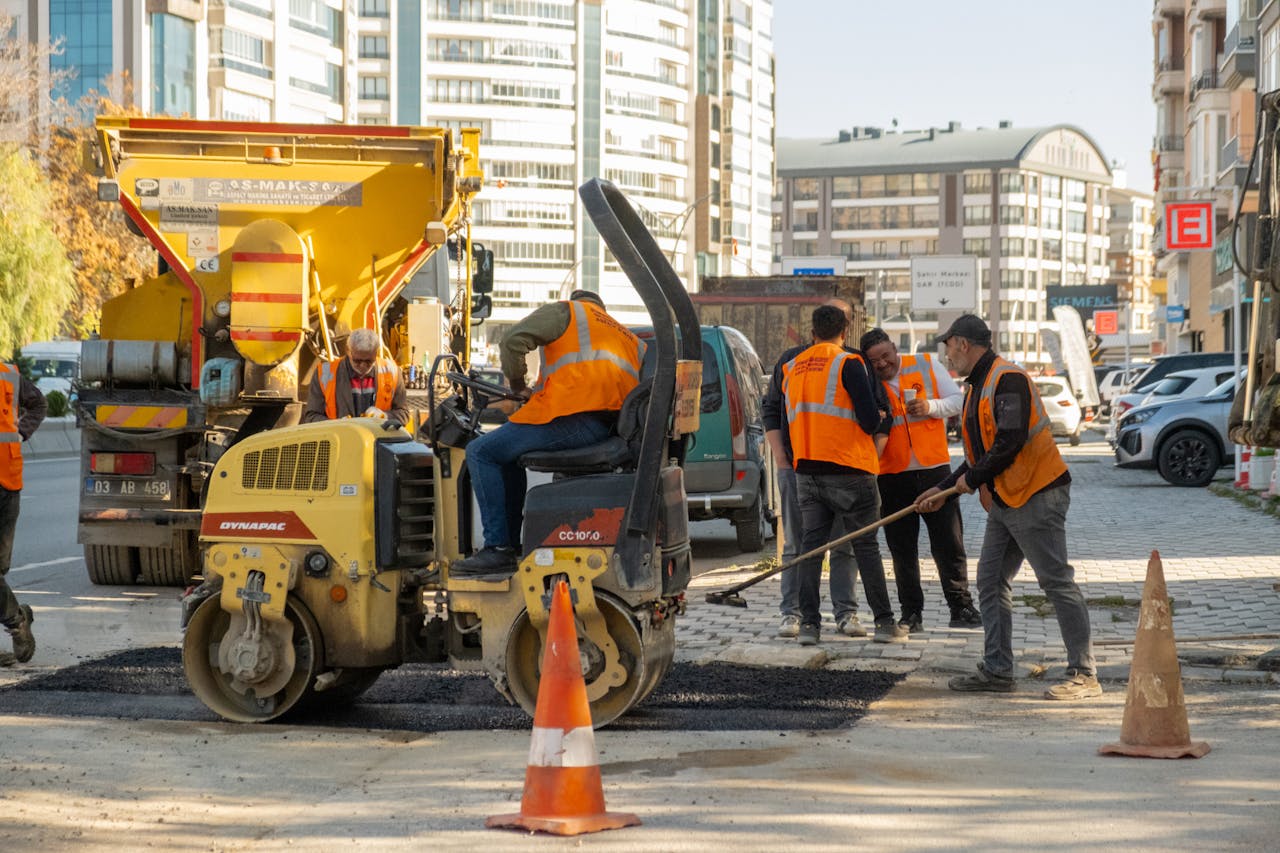Car, Go… Gone! Why Businesses Can’t Ignore Cargo Theft in 2025
Cargo theft in the U.S. is reaching alarming levels. After jumping nearly 50% in 2024, incidents are already up another 22% in early 2025 (Overhaul, 2025). Criminals are becoming more aggressive, using smarter tactics to target goods at every stage of the supply chain.
For Southern California businesses that move, store, buy, or sell products, this growing trend represents a serious risk to both operations and profitability.
Why Cargo Theft Is Rising in 2025
Criminals—both organized groups and opportunistic individuals—are adapting quickly. While traditional methods like truck burglaries remain common, new strategies are making theft harder to detect and easier to execute.
Key drivers of the surge include:
- Rising demand for high-value electronics.
- Ongoing inflation making food and beverages prime targets.
- Supply chain congestion, creating more vulnerabilities at ports, warehouses, and last-mile delivery.
What Criminals Are Targeting
While cargo theft can strike any industry, some sectors are being hit hardest:
- Food and beverages (32%): High volumes and minimal security make them easy targets.
- Electronics (22%): Compact and valuable, ideal for quick resale.
- Alcohol and tobacco (10%): Stolen for black-market resale with high margins.
One freight theft incident can now exceed $1 million in losses, which is why a record 90% of shippers purchased theft insurance in 2024.
How Cargo Theft Happens
Today’s cargo thieves are innovating with sophisticated strategies. Traditional methods like truck burglaries and hijackings still exist, but new tactics are on the rise:
- Deceptive pickups: Impersonating legitimate drivers with forged documents or stolen IDs.
- Facility theft: Targeting poorly secured warehouses and distribution centers at night or weekends.
- Pilferage: Slowly removing parts of shipments over time to avoid detection.
- Hijackings and coerced stops: Using fake emergencies to get drivers to pull over.
- Commercial burglaries: Breaking into storage sites or truck yards.
- Last-mile theft: Stealing packages from parcel couriers during final delivery.
- Driver collusion: In some cases, drivers are bribed to stage hijackings or hand over goods.

Pilferage: Slowly removing parts of shipments over time to avoid detection.
How Companies Can Fight Back
While no system is completely foolproof, businesses can take important steps to safeguard their supply chains. A layered security strategy is essential:
- Verified Handoffs
Verify driver identities, use two-step authentication, and document all transfers of goods to stop impersonation scams. - Secure Facilities
Secure facilities with fencing, lighting, cameras, access control, and intrusion detection systems. - Audit vulnerabilities
Regularly assess weak points with external experts to ensure defenses are current. - Vet and train staff
Conduct background checks, enforce strict hiring practices, and train employees to recognize suspicious behavior. - Technology & Tracking
Use telematics, GPS tracking, and visibility platforms to monitor shipments and detect anomalies like unscheduled stops.

Verify driver identities, use two-step authentication, and document all transfers of goods to stop impersonation scams.
Why Insurance Matters More Than Ever
Even with precautions, cargo theft is rising fast — especially across Southern California’s logistics hubs, ports, and distribution networks.
At Neighborhood Insurance Agency, we help protect businesses from the unexpected with cargo theft insurance and supply chain risk coverage. From small distributors to large logistics companies, we’ll tailor a plan that fits your needs and keeps your business moving.
👉 Ready to protect your operations? Contact us today to learn more.
TL;DR
Cargo theft in the U.S. is up nearly 50% in 2024 and another 22% in early 2025. Criminals are more aggressive, using tactics like impersonation, pilferage, and inside jobs. High-value goods such as food, electronics, and alcohol are prime targets. Companies can fight back with stronger facilities, staff training, technology, and secure handoff protocols—but insurance is essential. Our agency is here to help Southern California businesses stay protected.
Santa Ana, CA 92705
Reference
Overhaul. (2025). Cargo theft report Q1 2025. Retrieved from https://over-haul.com
Federal Bureau of Investigation. (2024). Cargo theft, diversion, and fraud. Retrieved from https://www.fbi.gov/investigate/cargo-theft






